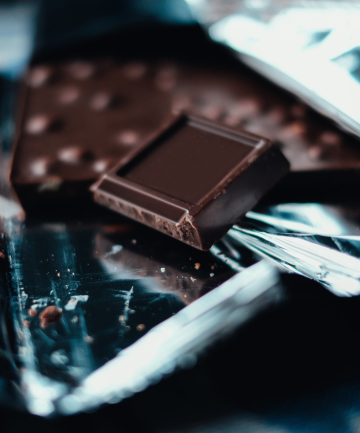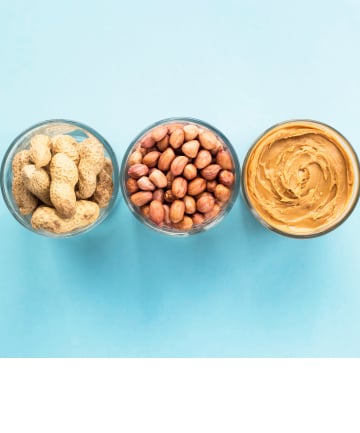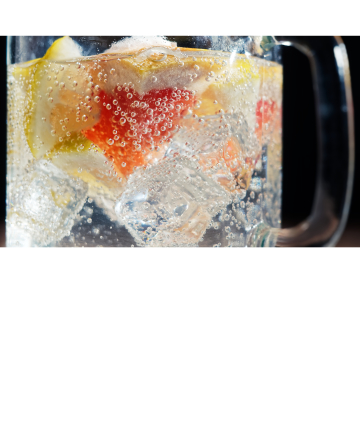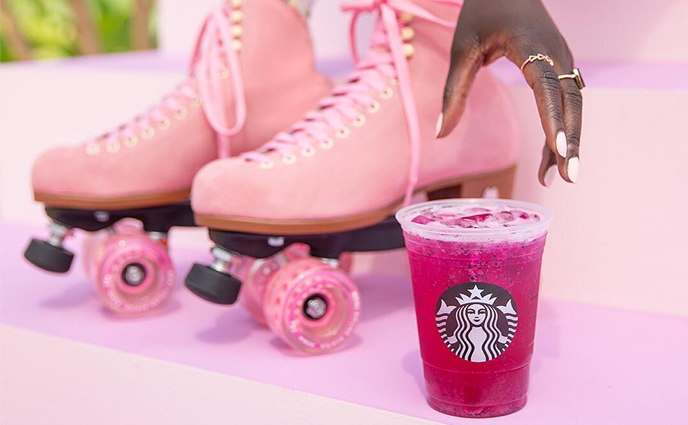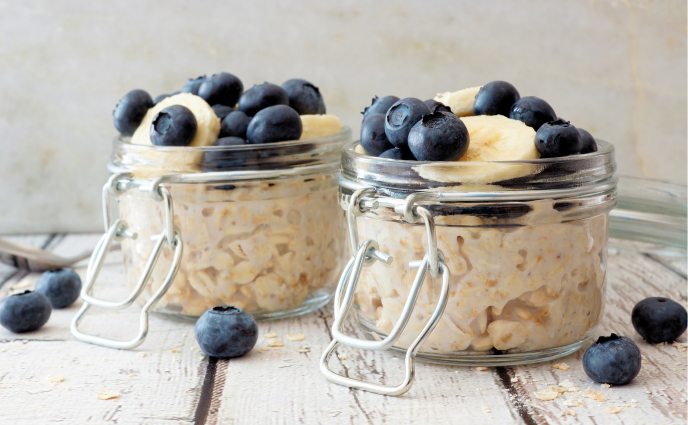Chocolate? Healthy? Well, dark chocolate is — a German study found that regular intake of small amounts of dark chocolate will help lower your blood pressure.
Image via Dulin/Getty
Image via Dulin/Getty
A two-tablespoon serving of natural peanut butter will give you a decent serving of good fat (like the kind found in avocados and olive oil). It's good for your heart and it also helps appetite regulation, since it's packed with protein and fiber, plus vitamins E and B6, as well as potassium. Also, certain studies have even shown that peanuts can help lower risk of diabetes, or even help manage it.
Image via Valeriia Sviridova/EyeEm/Getty
Image via Valeriia Sviridova/EyeEm/Getty
You've heard the old wives tales: Caffeine will stunt your growth, give you heart problems and all round just mess with your health. Well, turns out that's only true if you're drinking copious amounts of coffee a day and chugging energy drinks pretty much constantly. But according to the Mayo Clinic, the average adult can safely consume up to 400 mg of caffeine daily. That means if you have less than four cups a day, you should be totally fine... so don't skip that cold brew.
Image via Irina Marwan/Getty
Image via Irina Marwan/Getty
Will the bubbles in fizzy water really cause kidney stones and suck all the calcium from your bones? Nope. The flavored kind might have added sodium, sweeteners or vitamins, but carbonated water's generally not as bad for you as you may have been lead to believe. Jennifer McDaniel, a registered dietitian and certified specialist in sports dietetics told Business Insider that it's just as good to drink as still water and won't really harm you.
Image via invizbk/Getty
Image via invizbk/Getty
There has been a rumor for years that artificial sweeteners cause cancer, but that's not true. The FDA has assessed and approved most of the most common sugar substitutes (sucralose, aspartame, saccharin, etc), and has found no problems with any of them so far. The only issue is that that some studies suggest that these sweeteners might not be satisfying your sweet tooth, which means they might not actually decrease your sugar intake.
Image via Sharon Pruitt/EyeEm/Getty
Image via Sharon Pruitt/EyeEm/Getty


